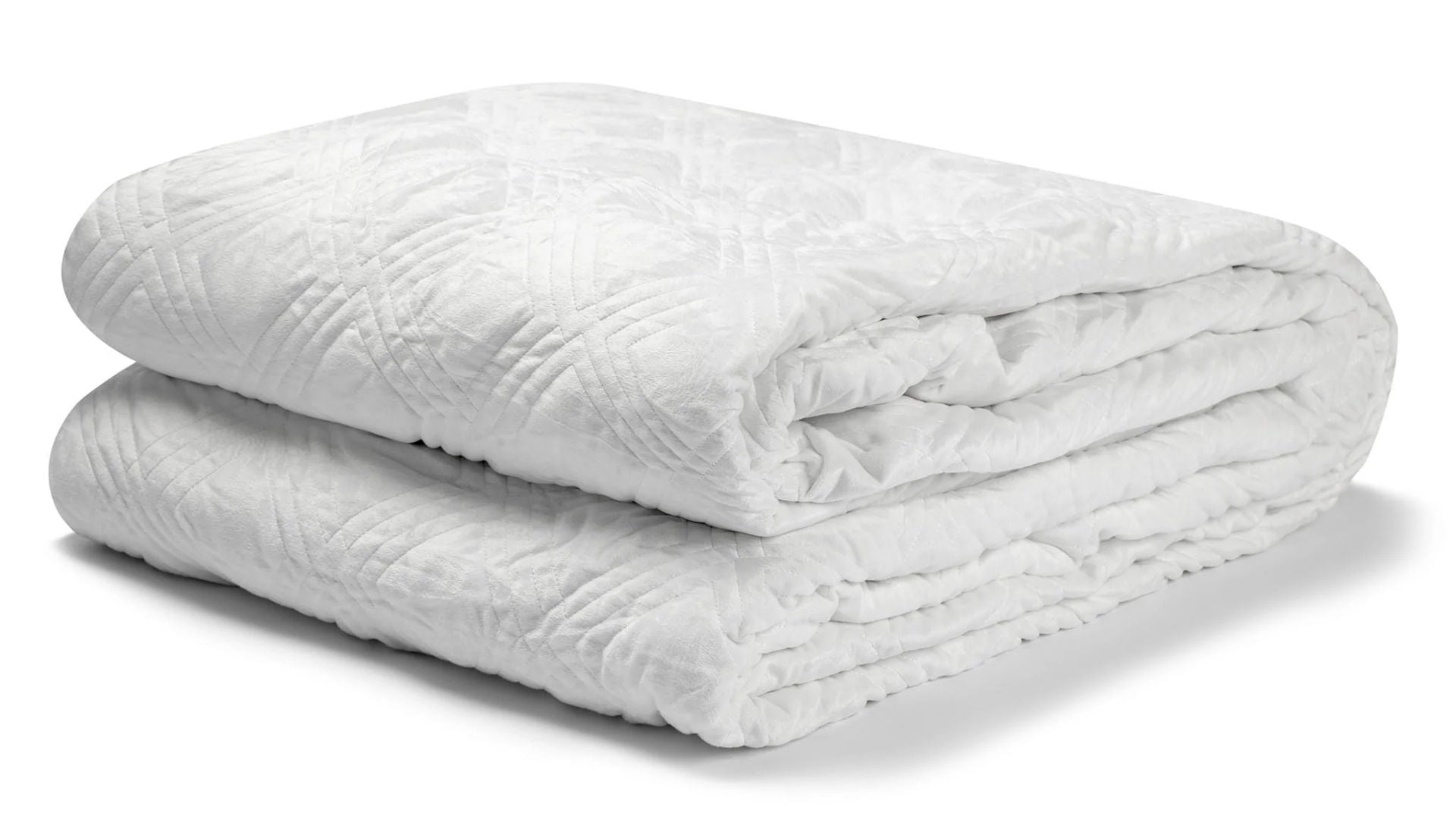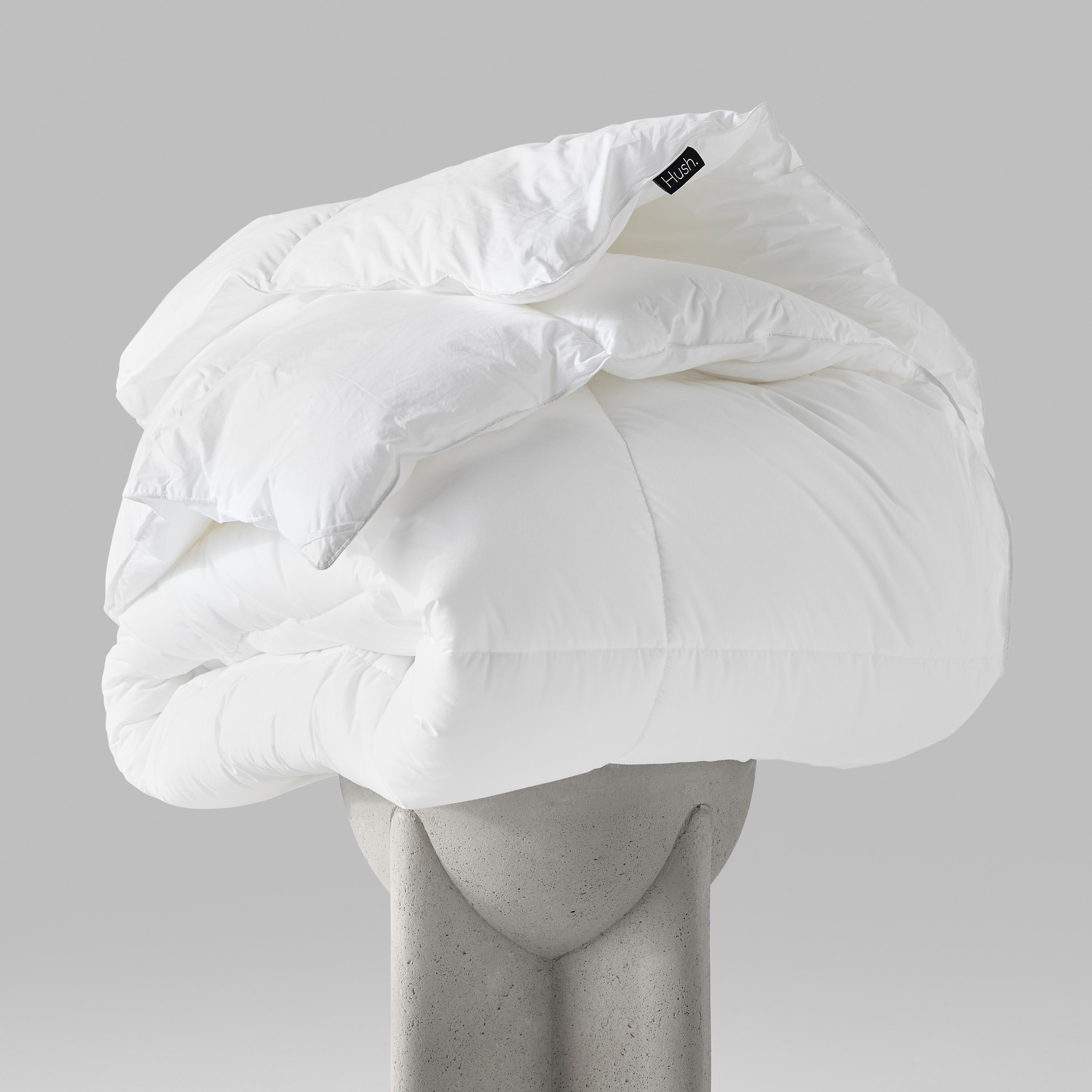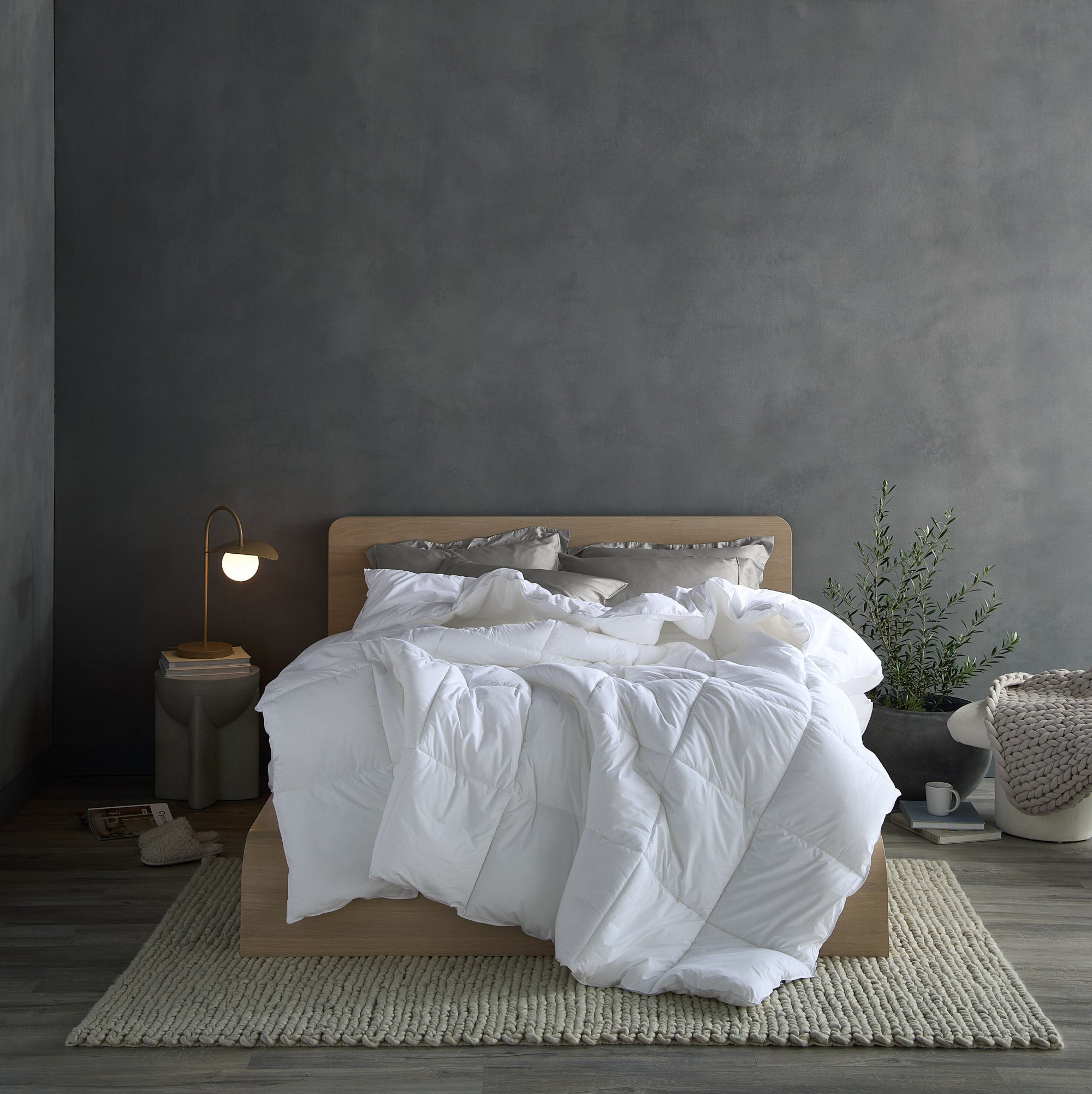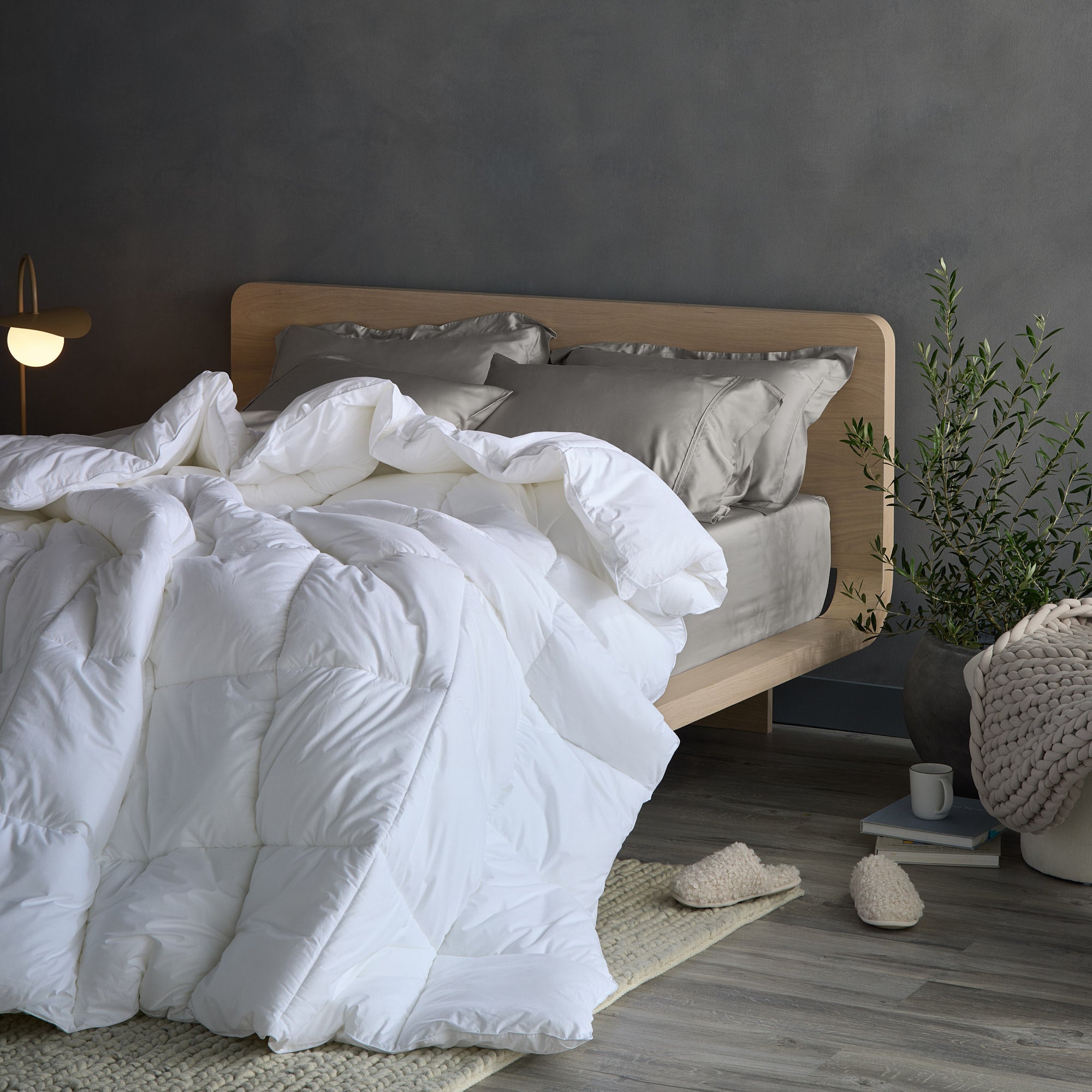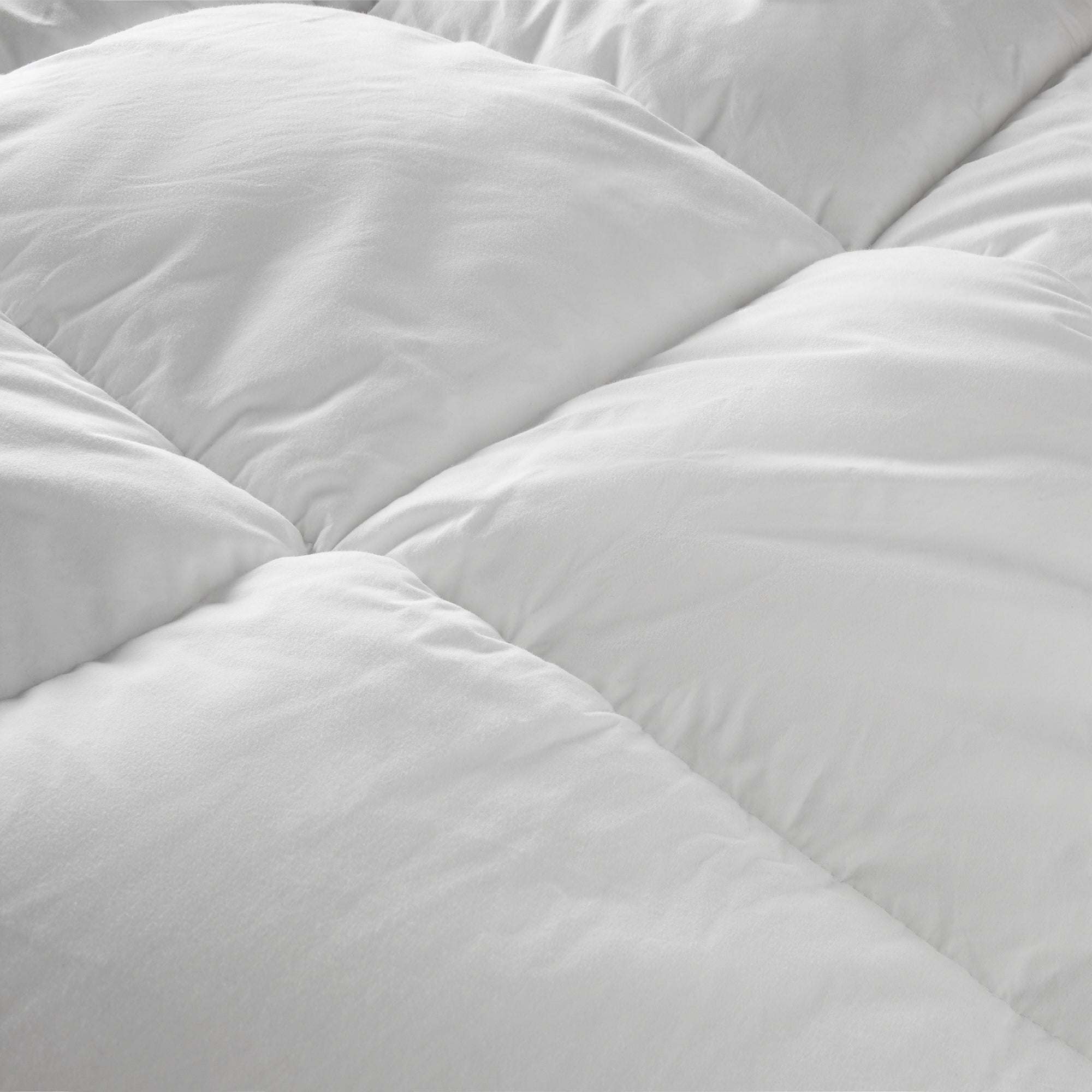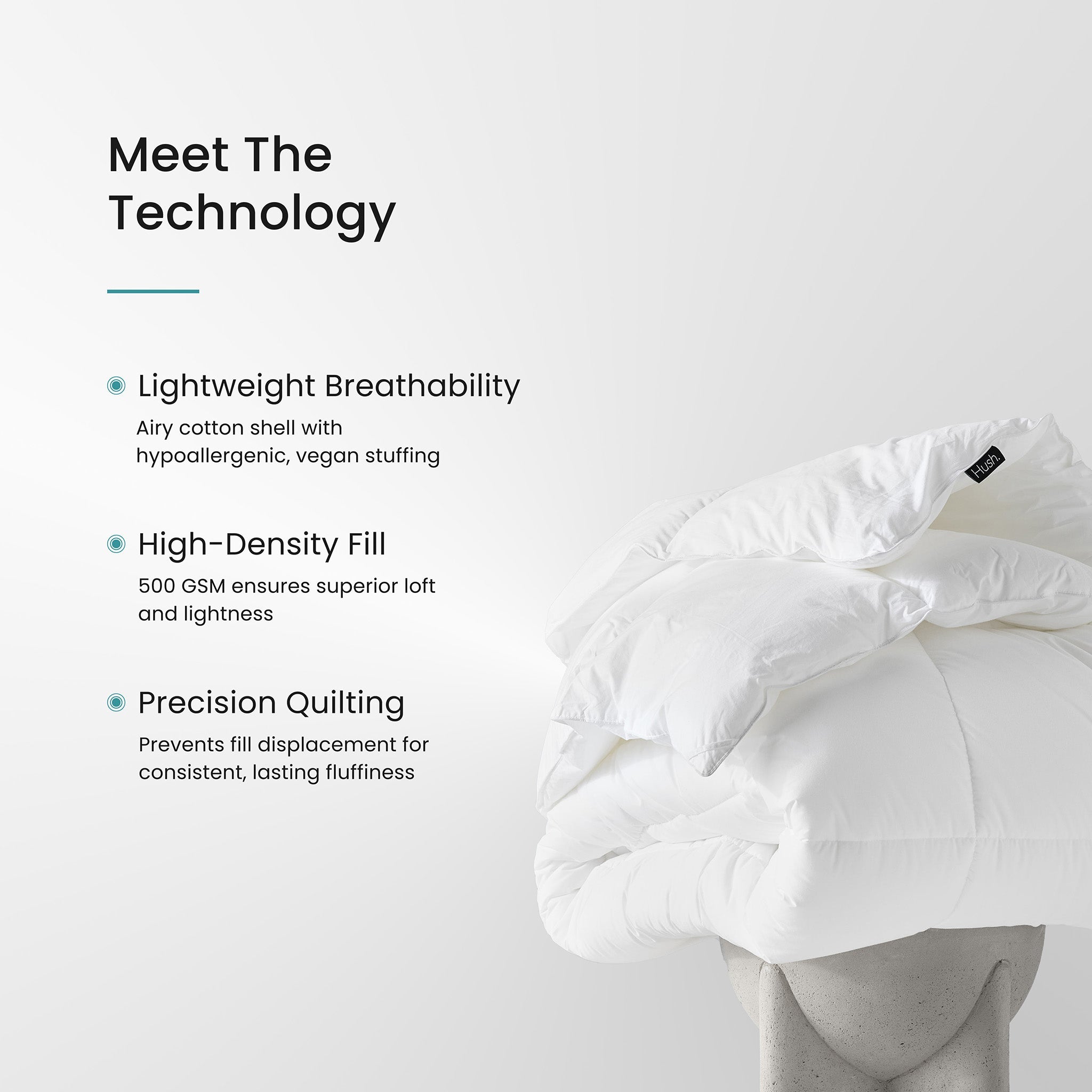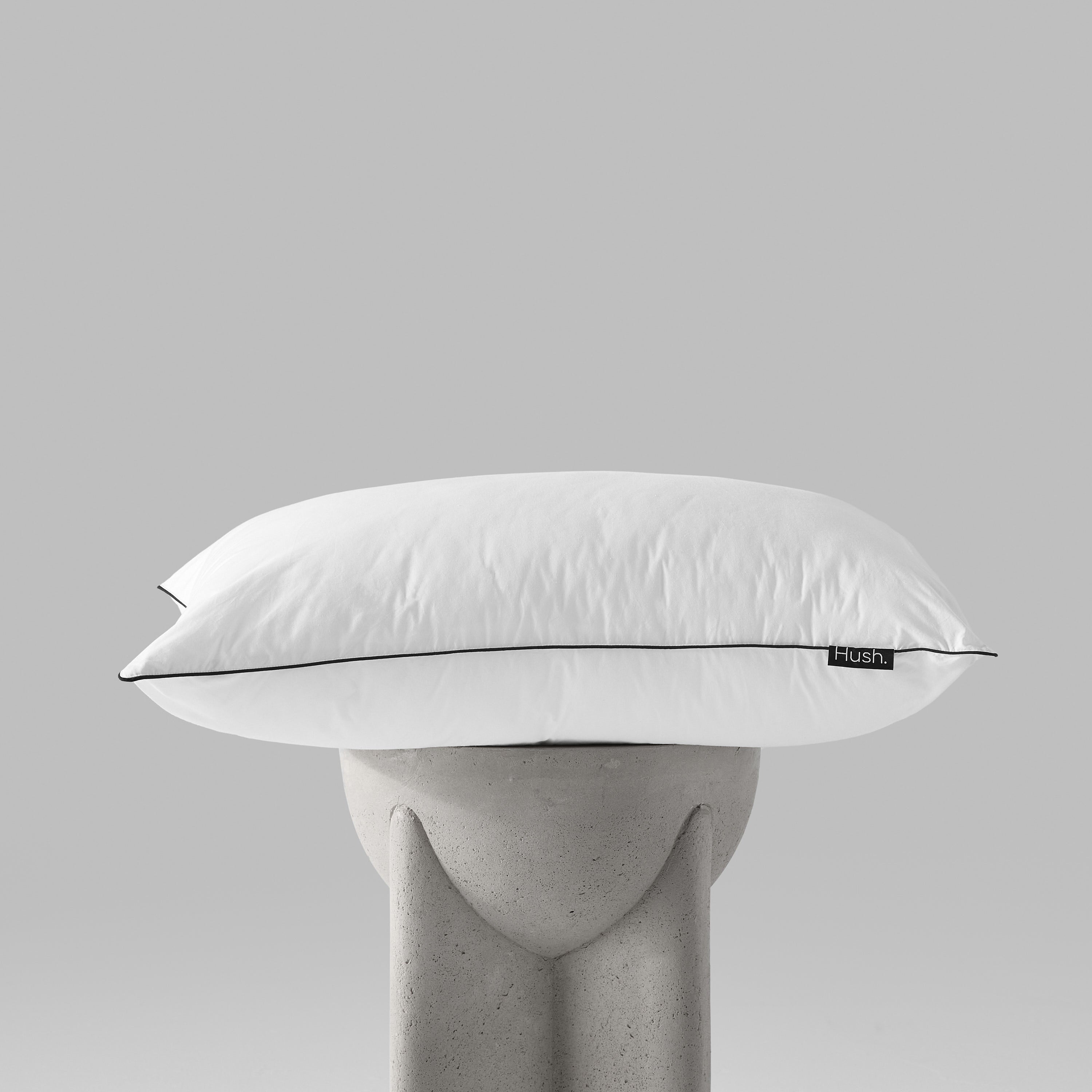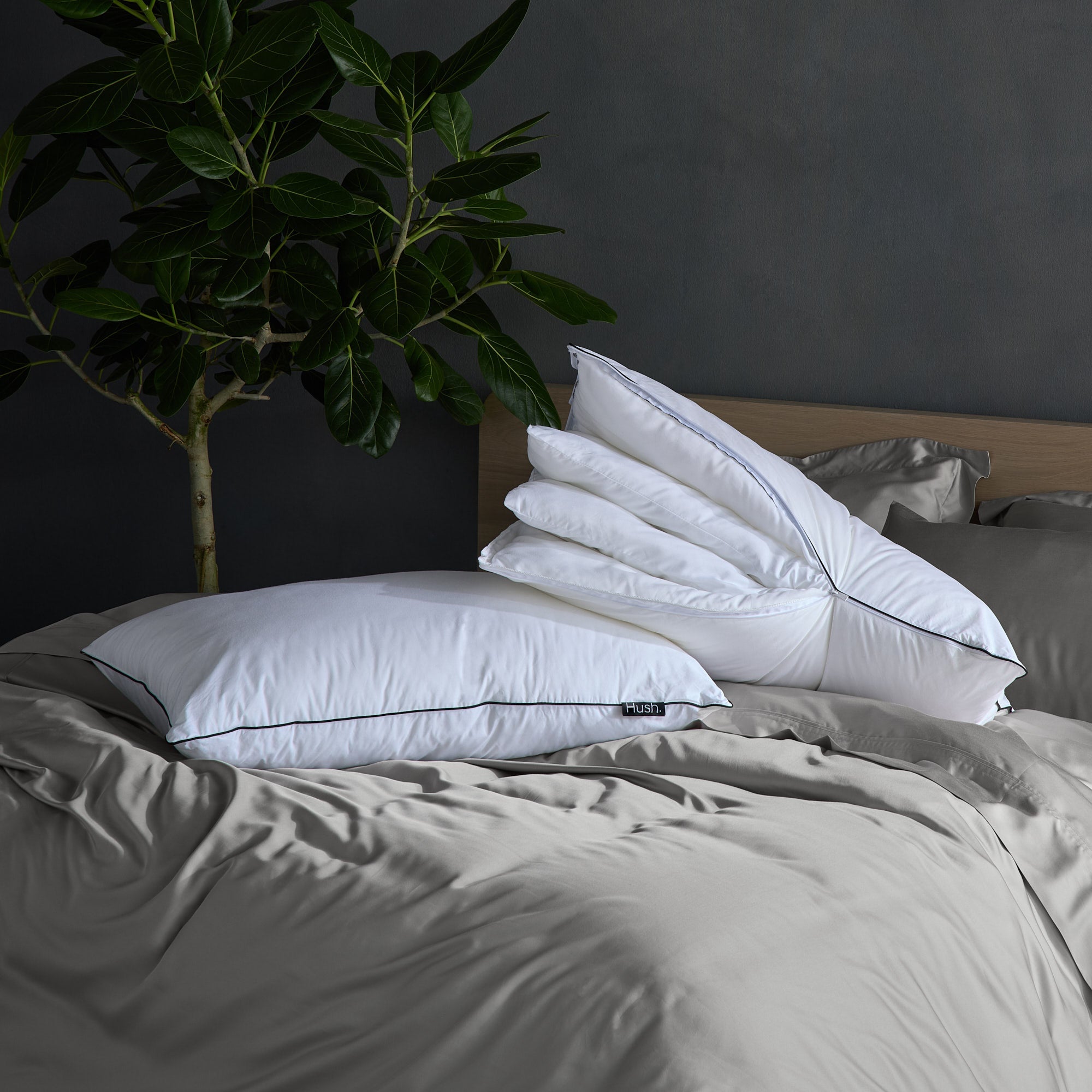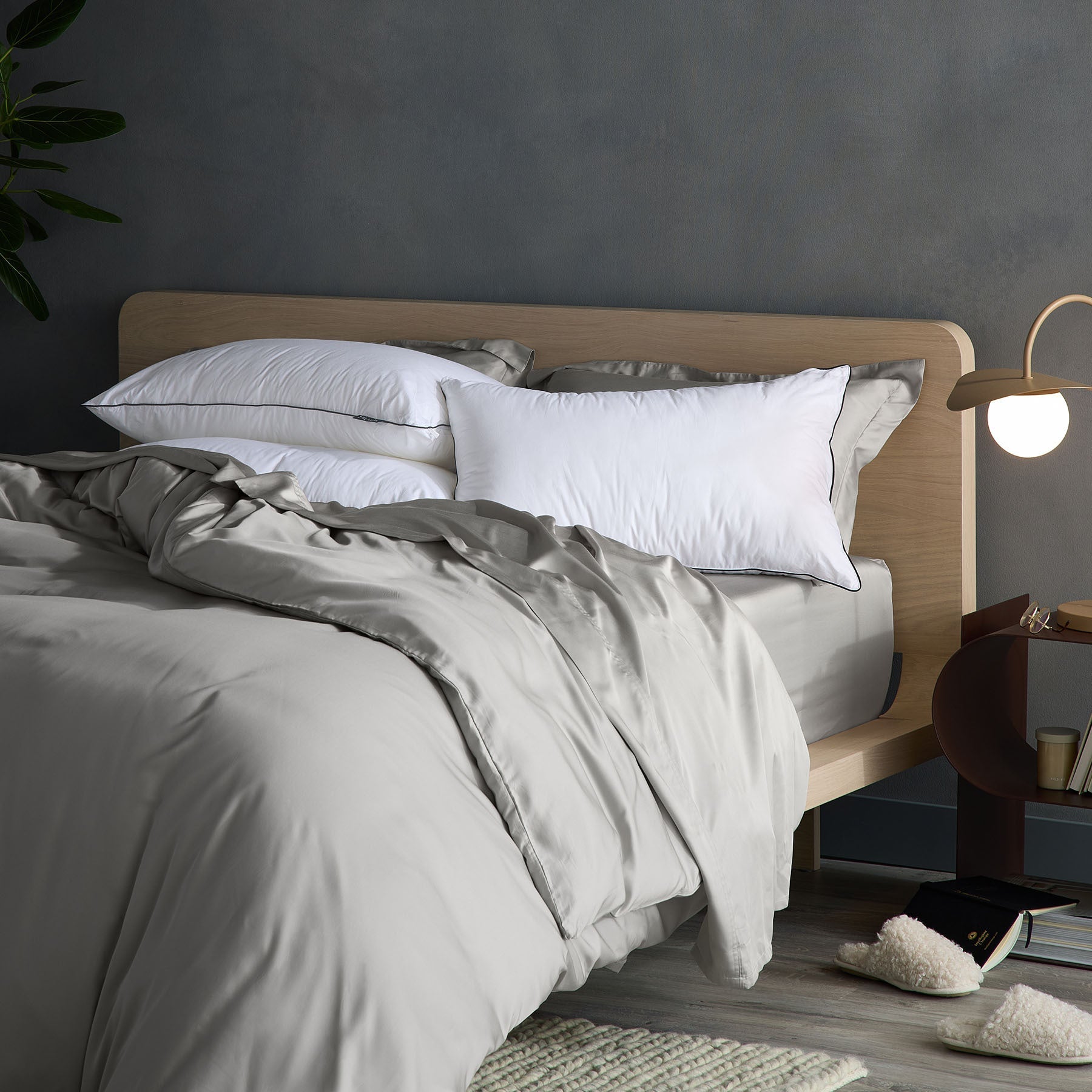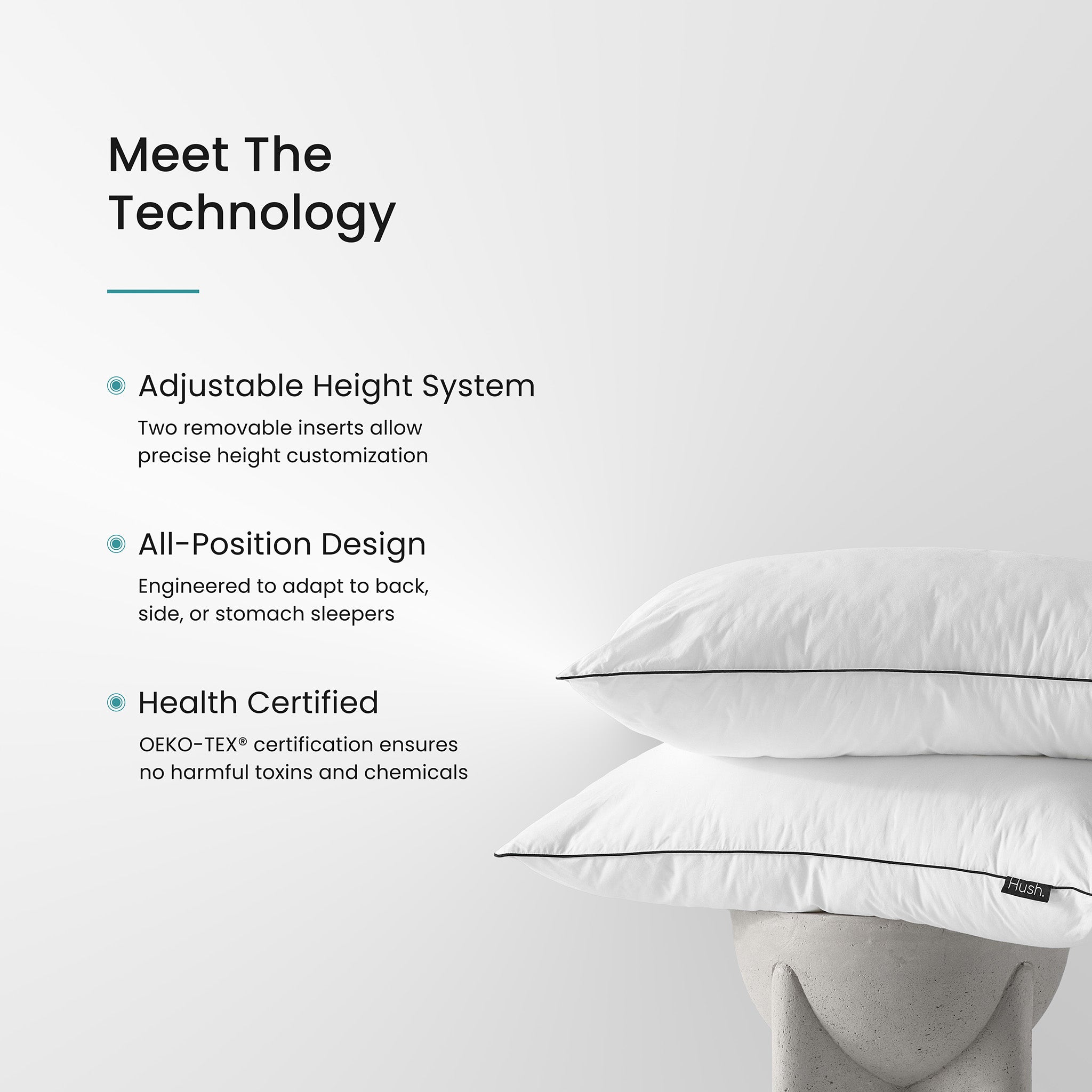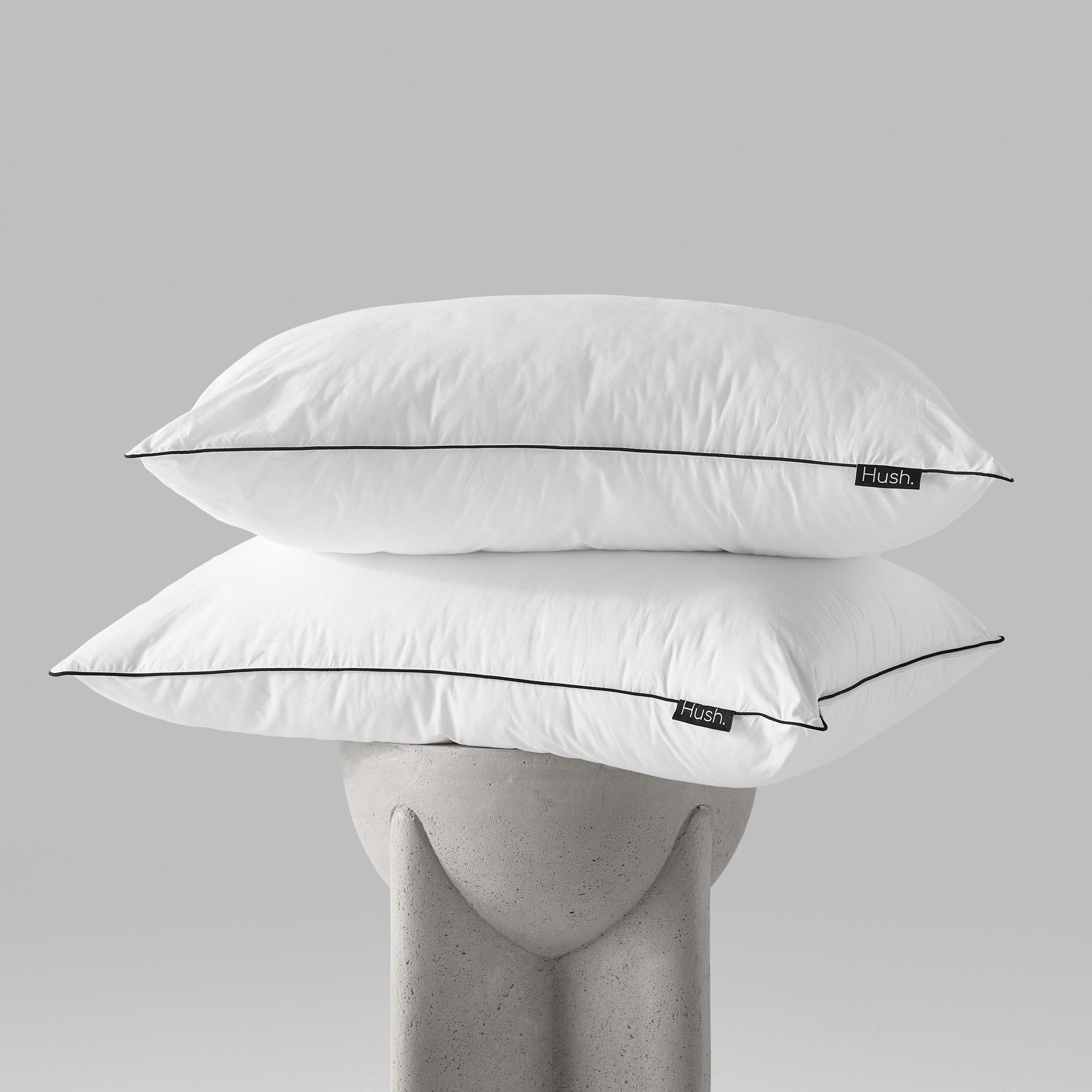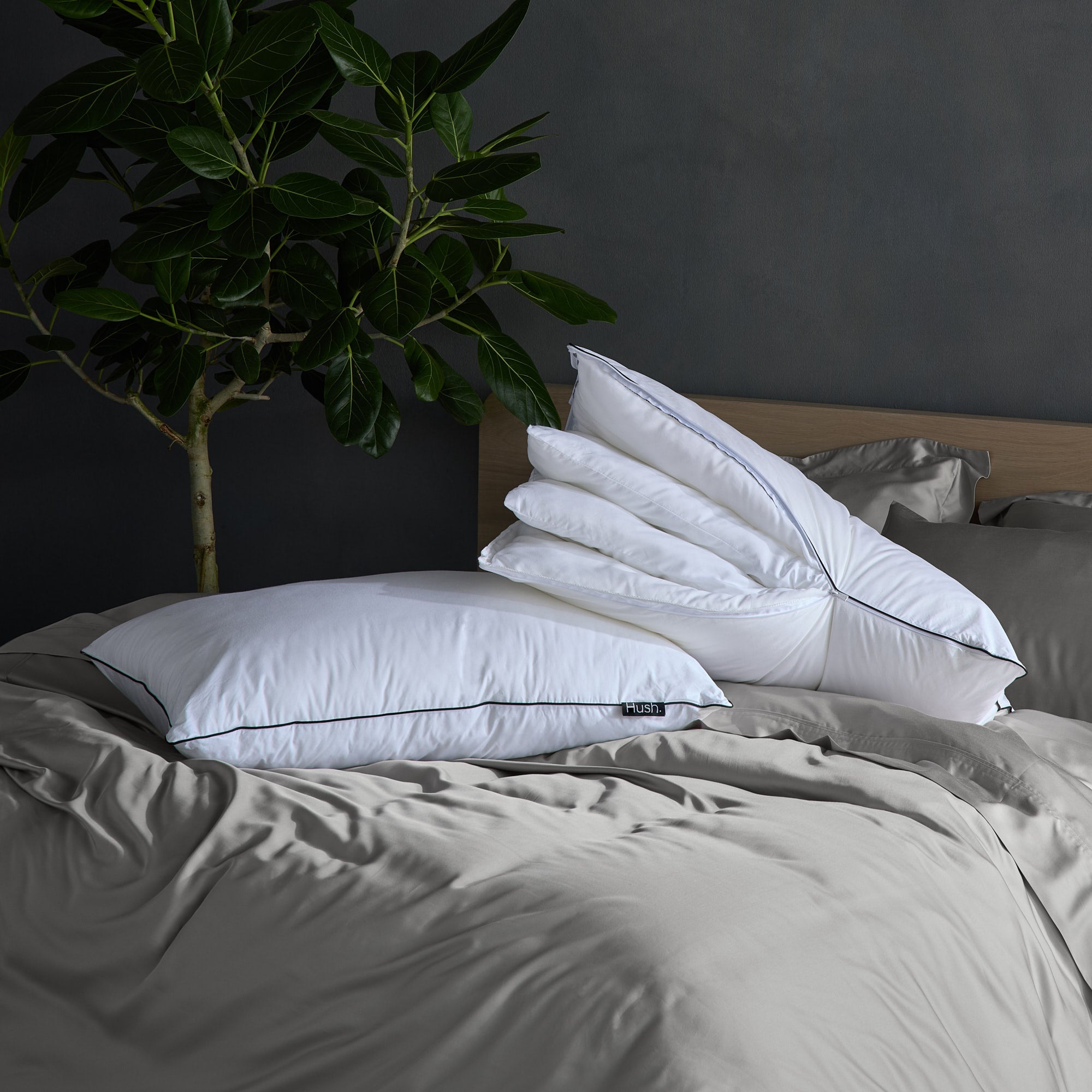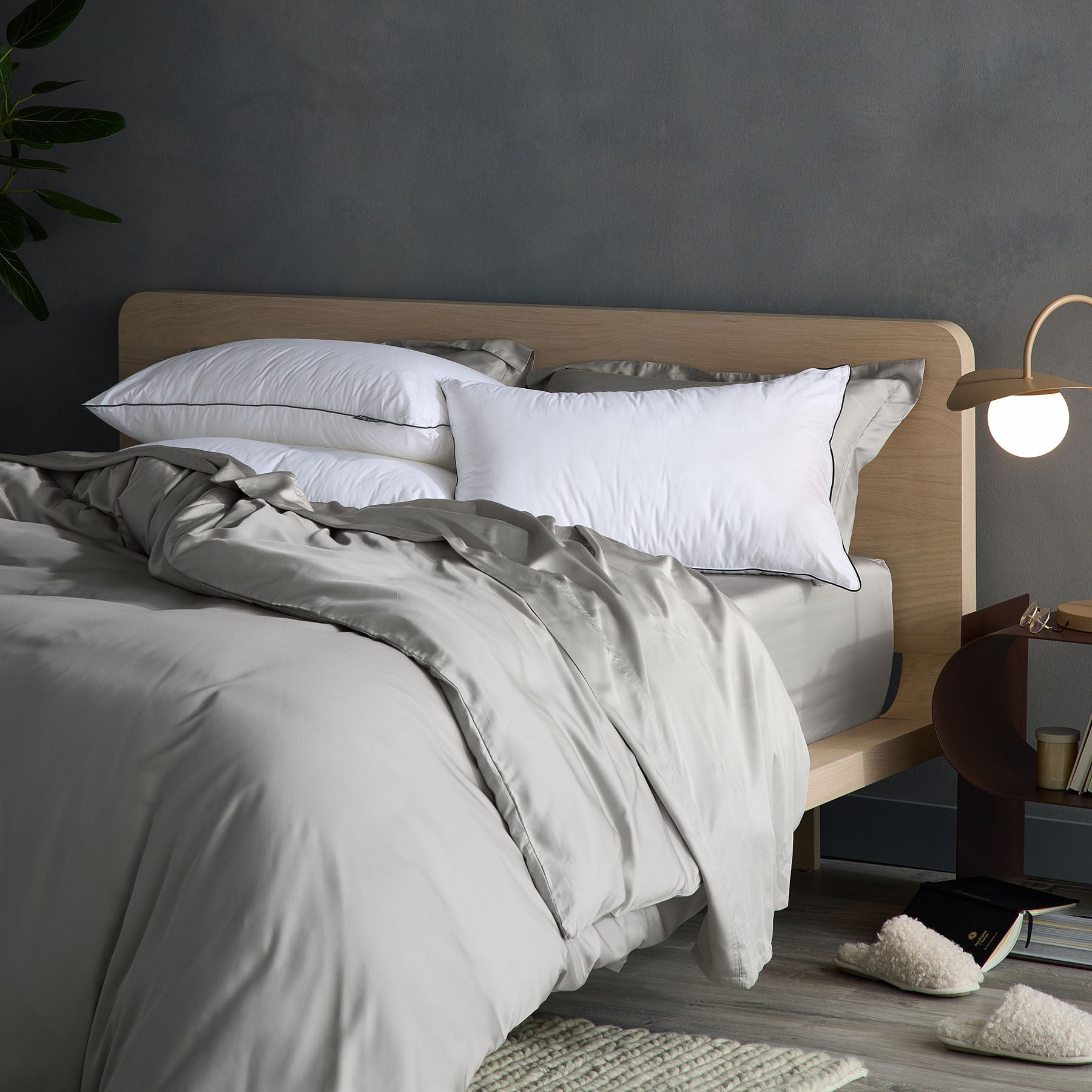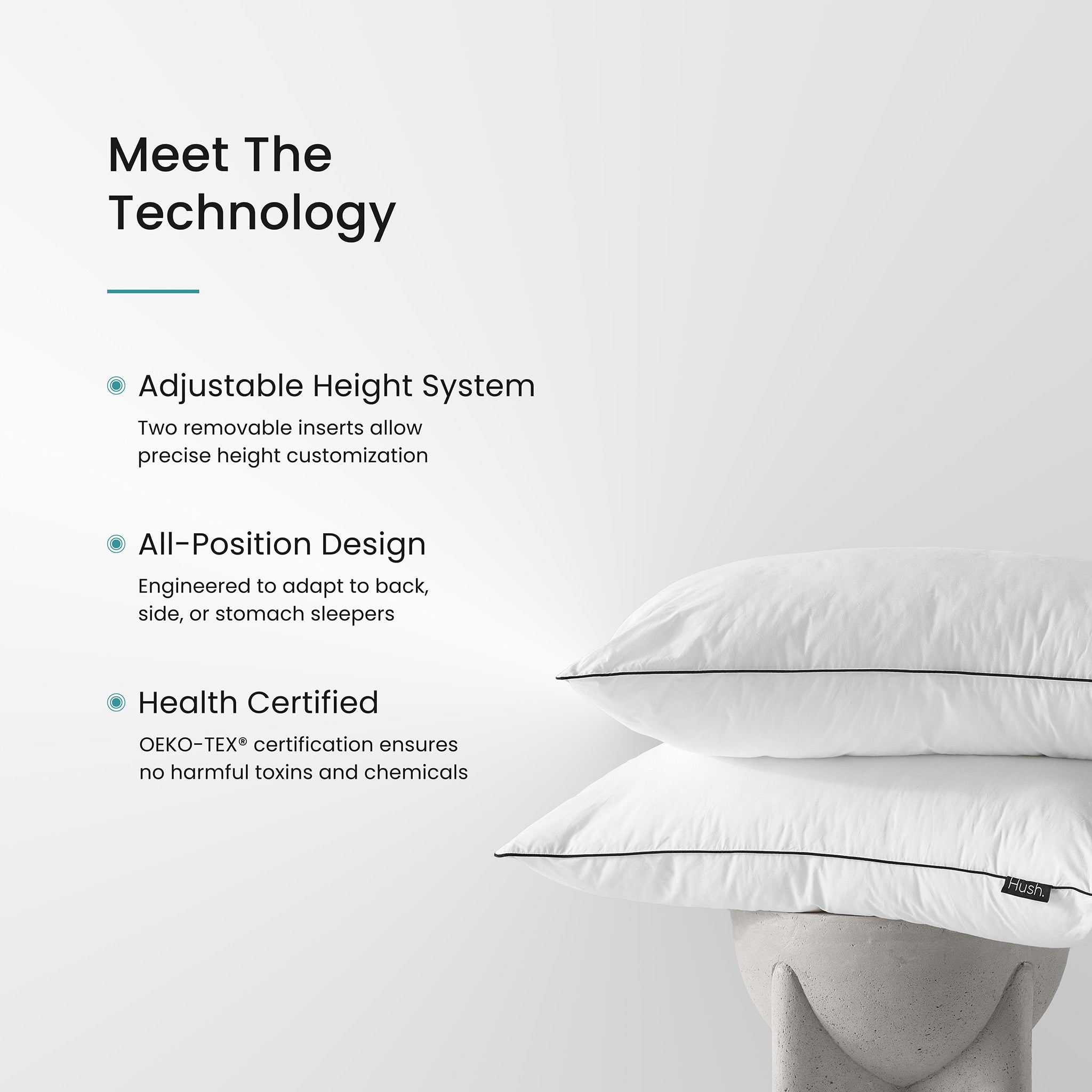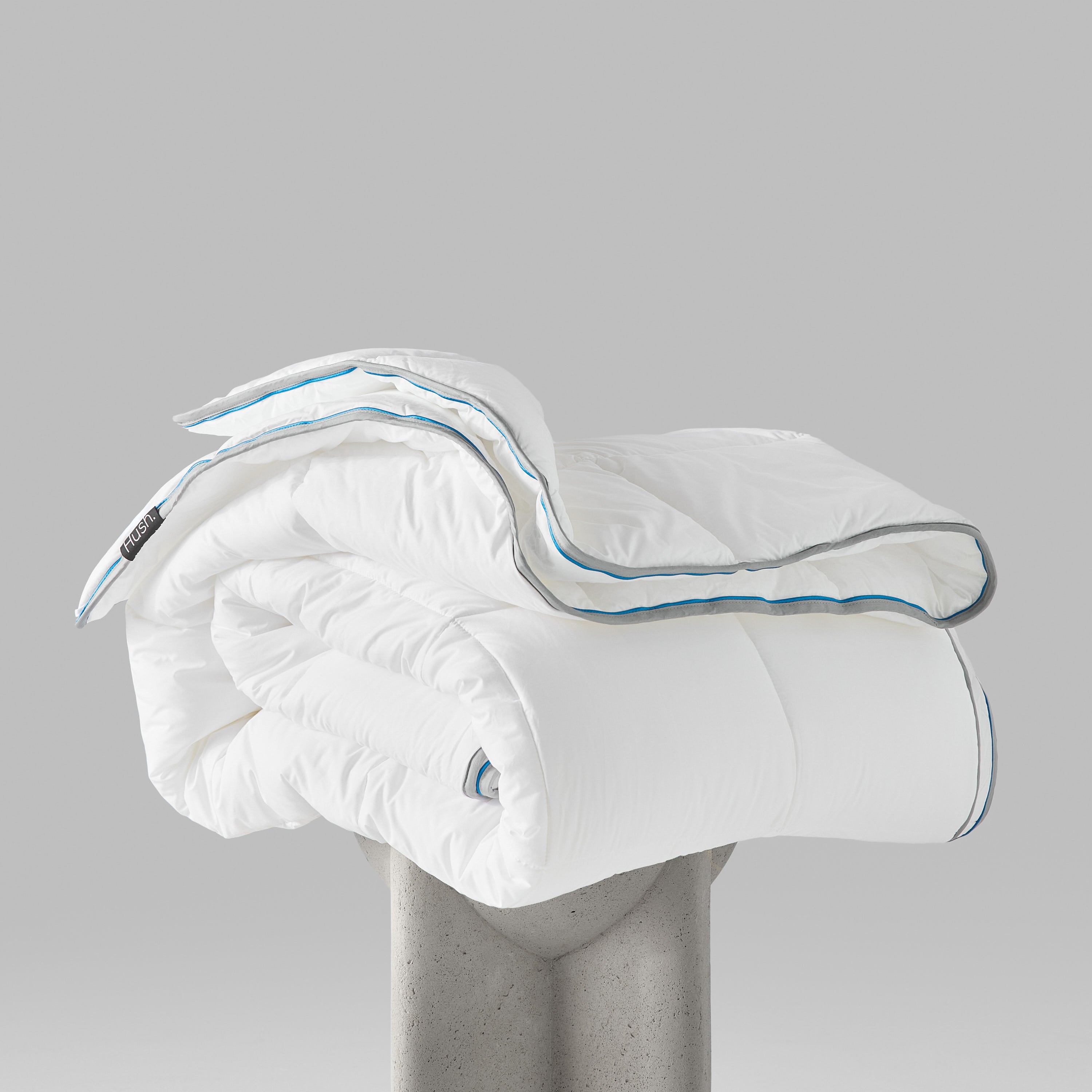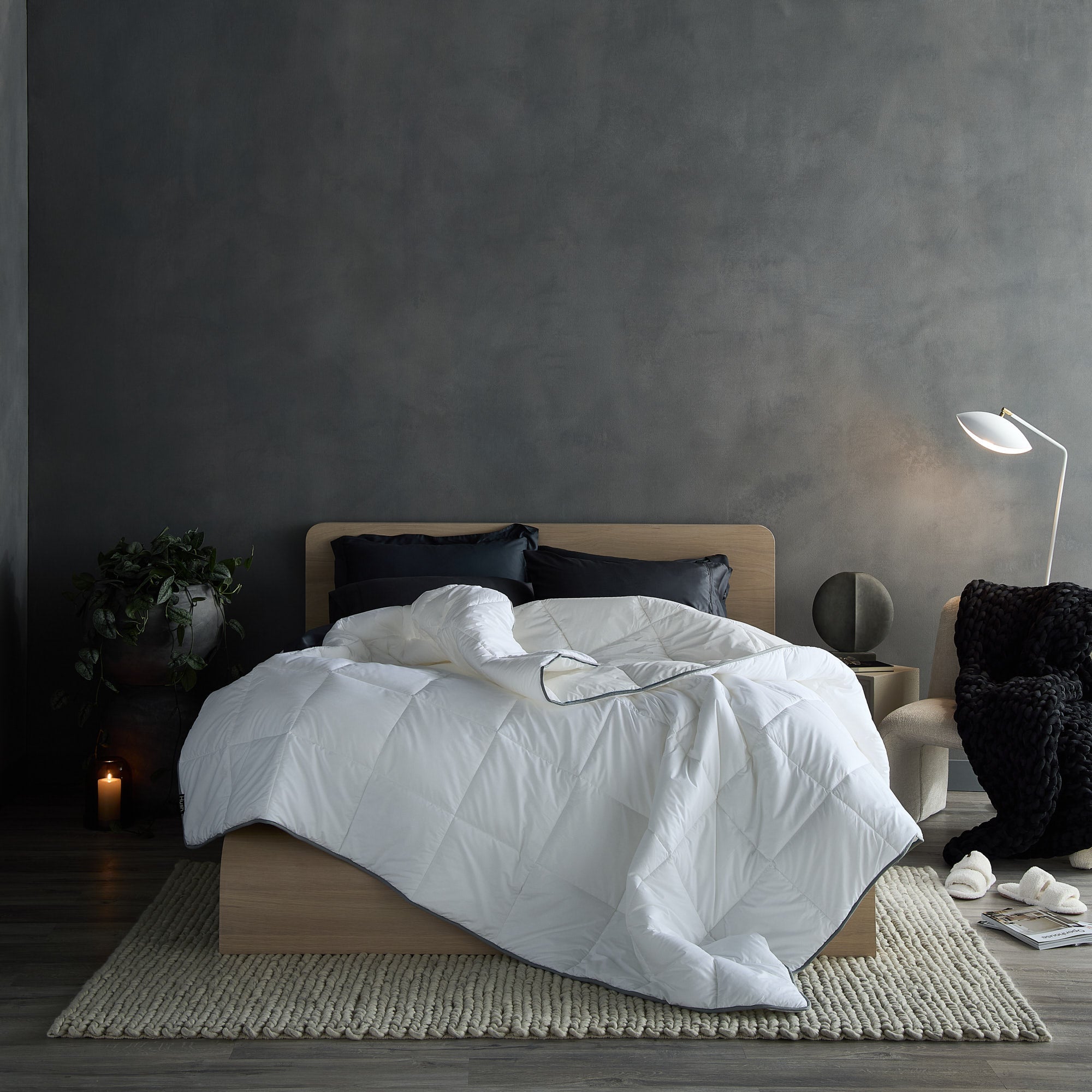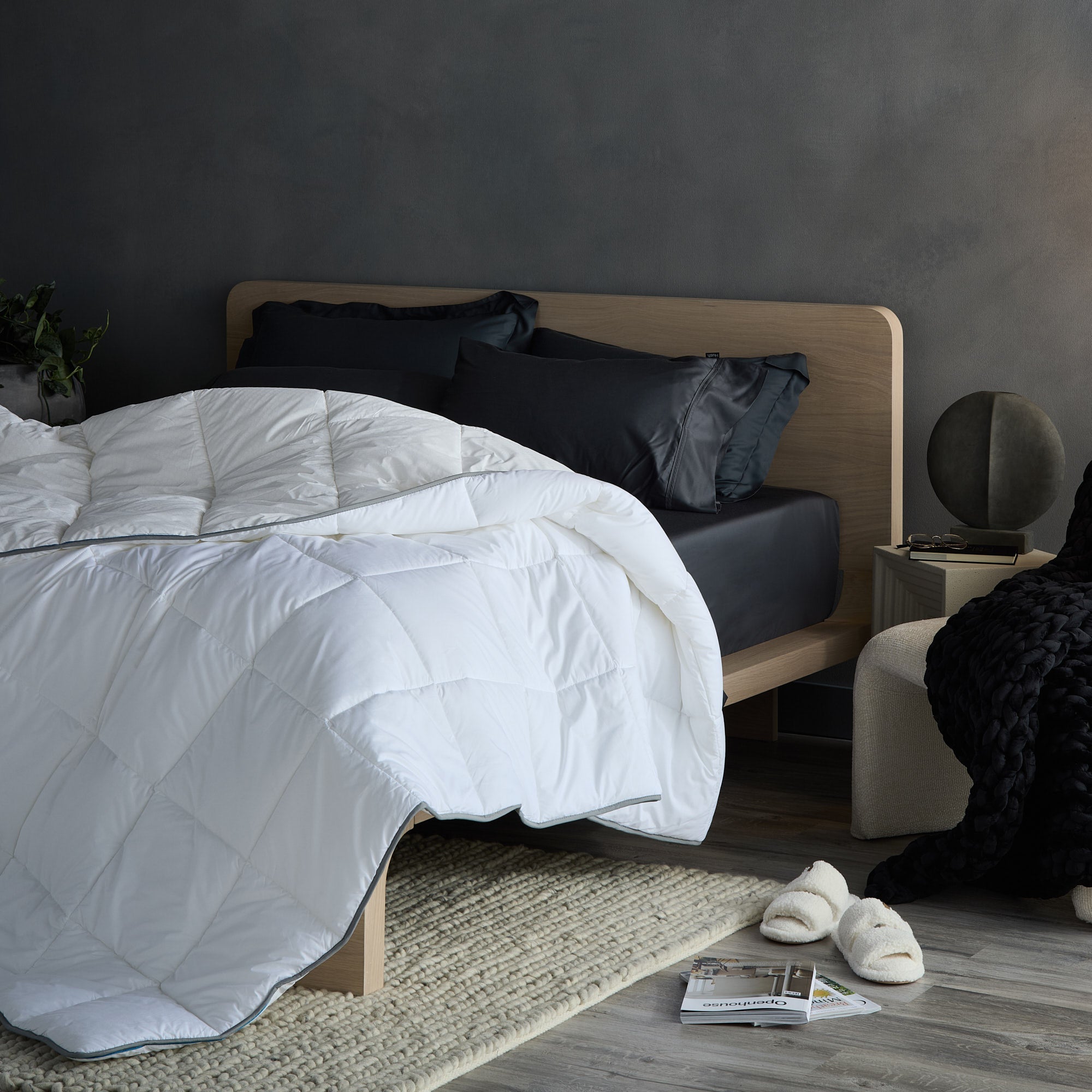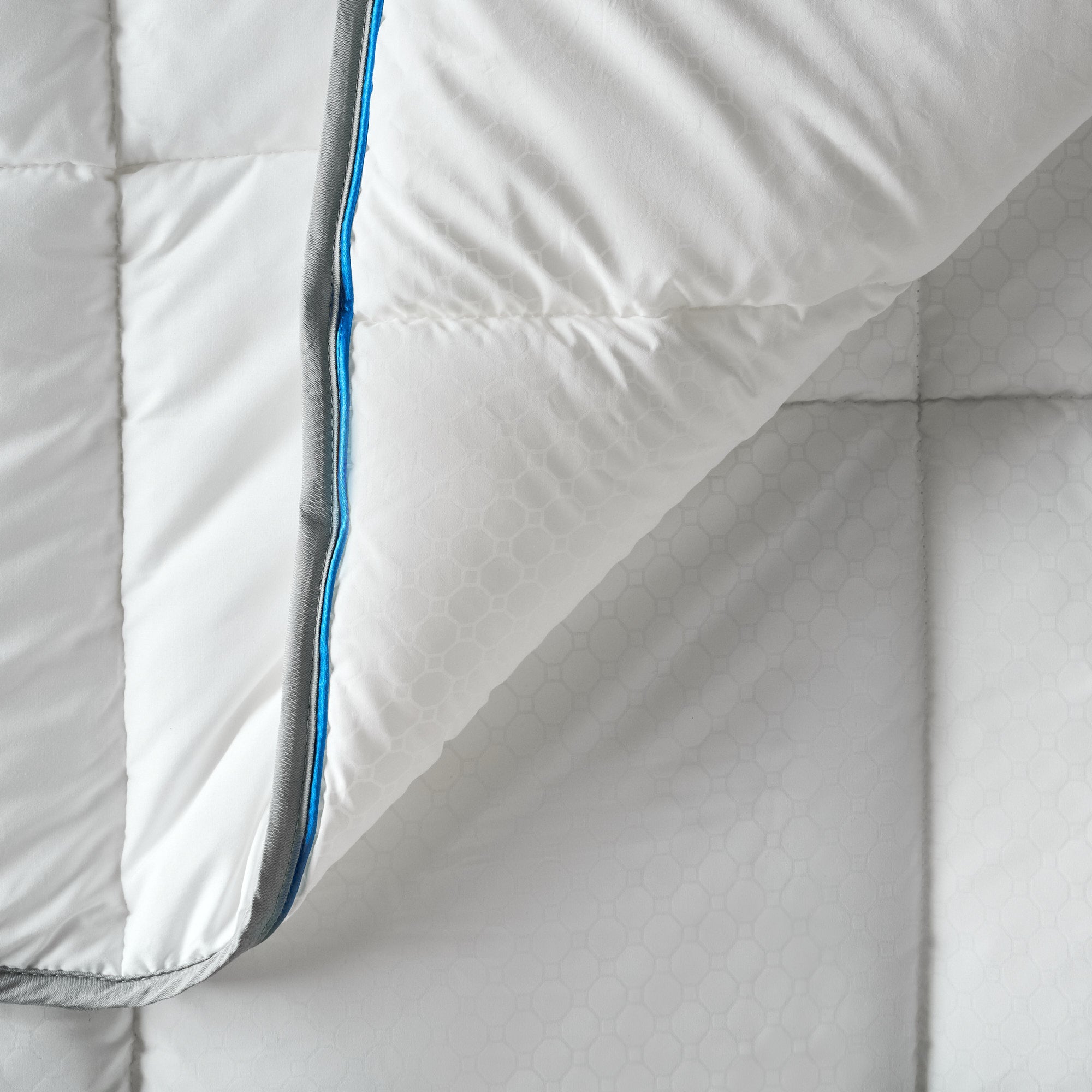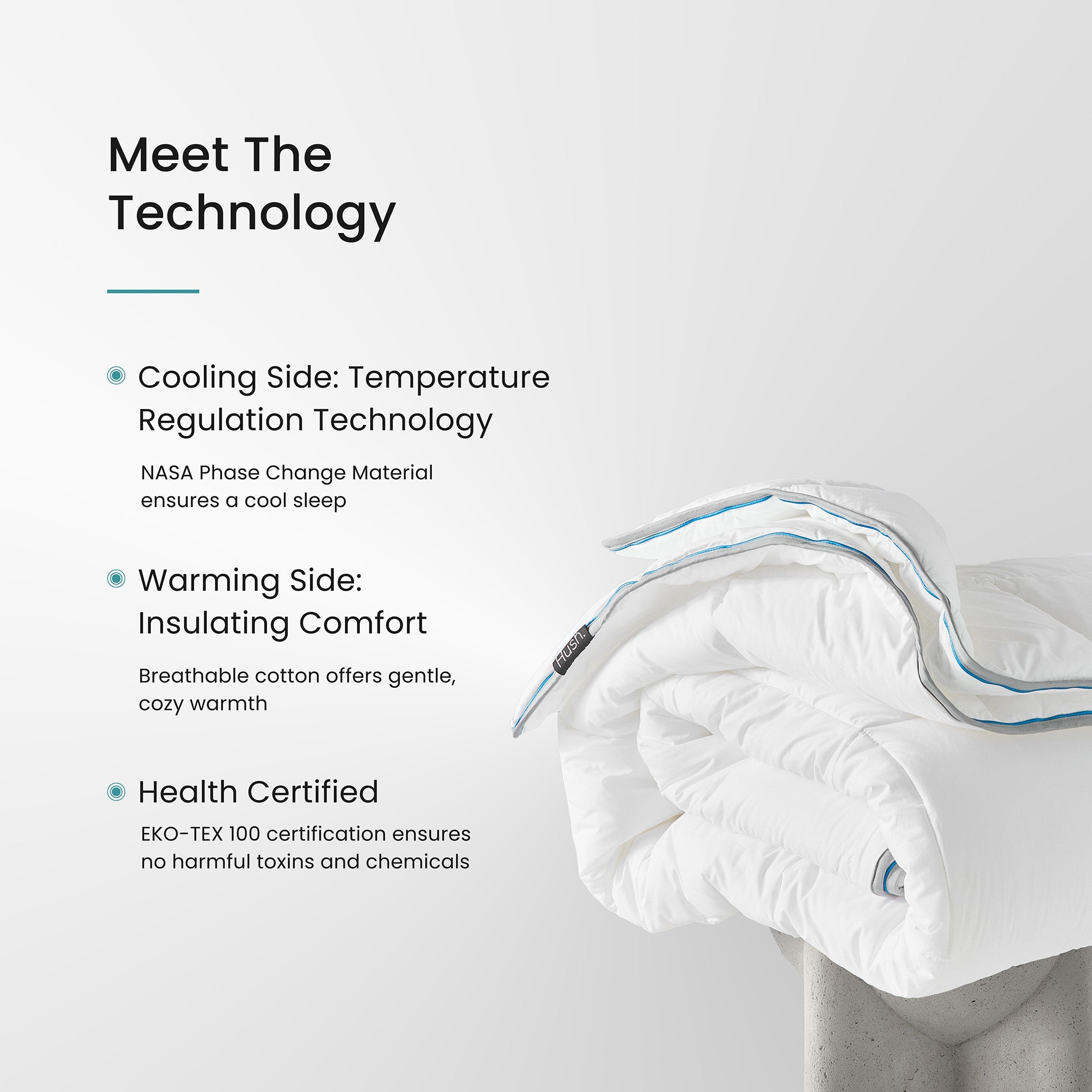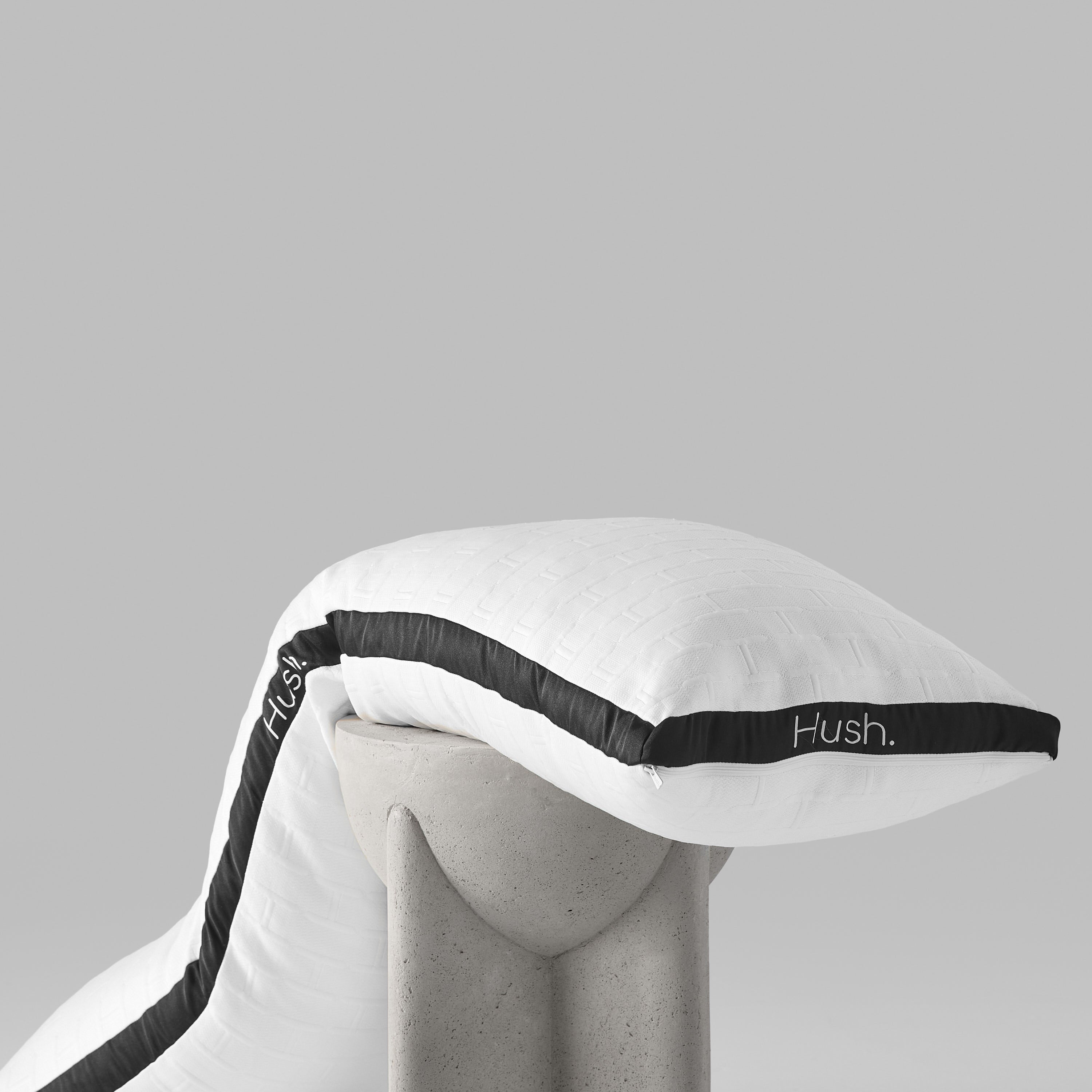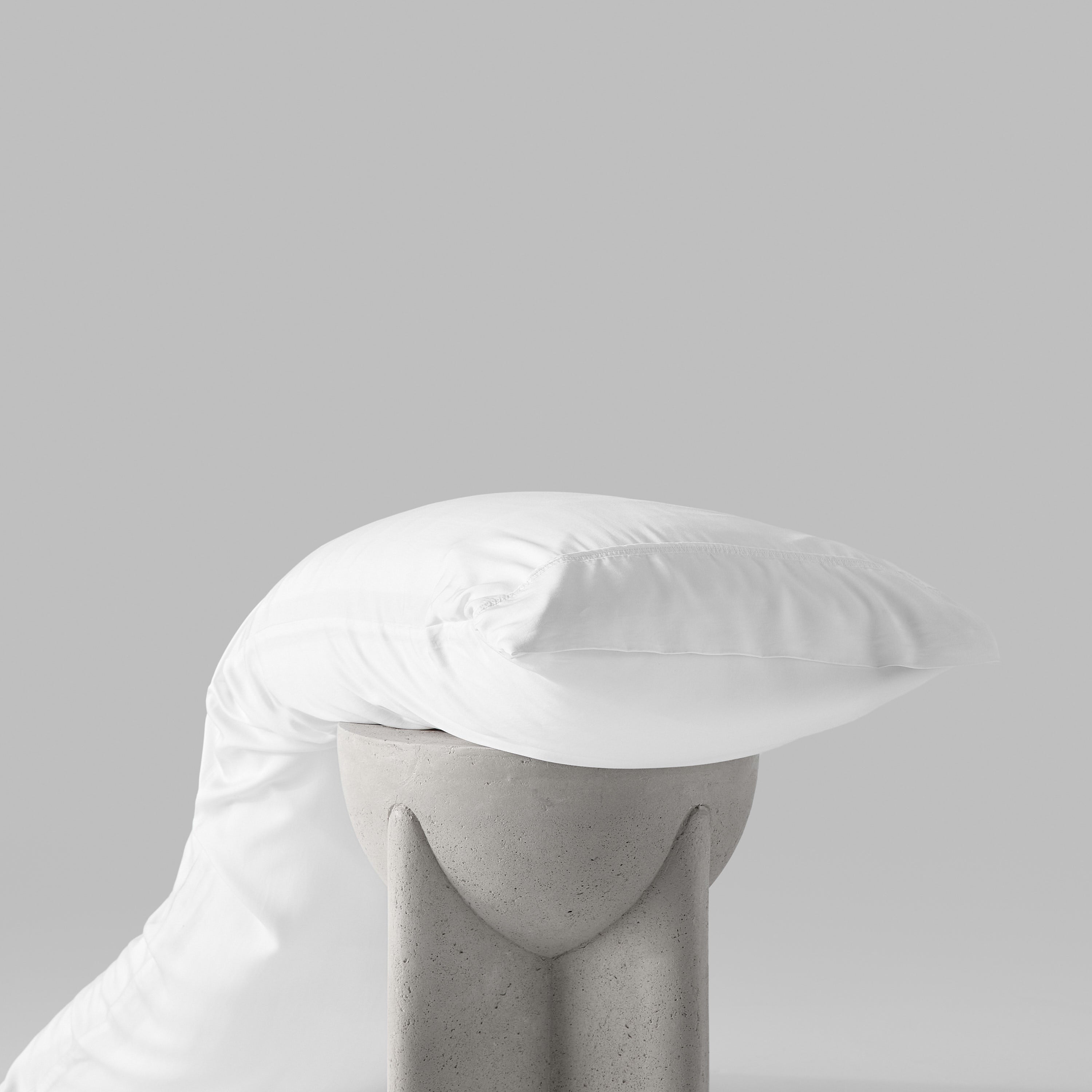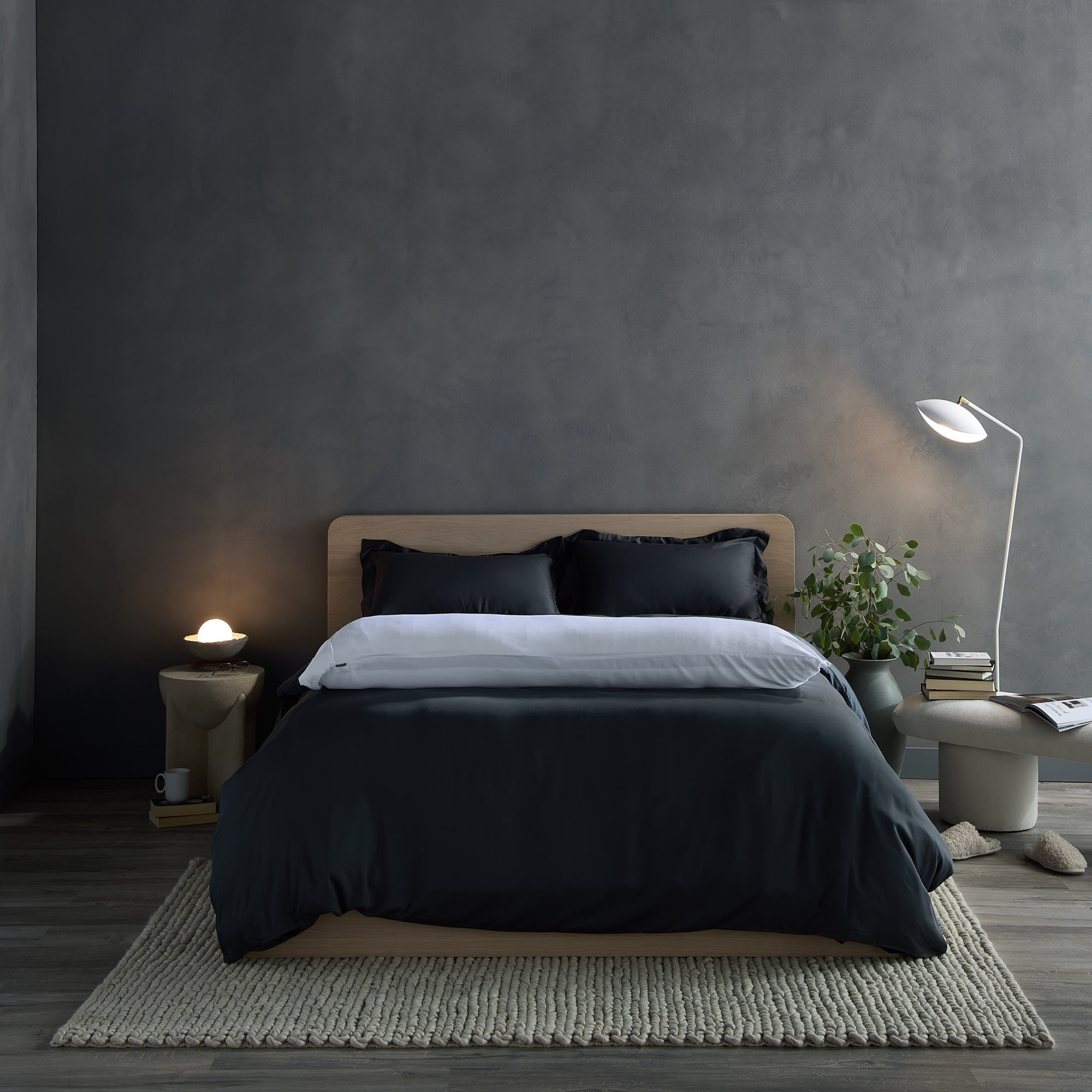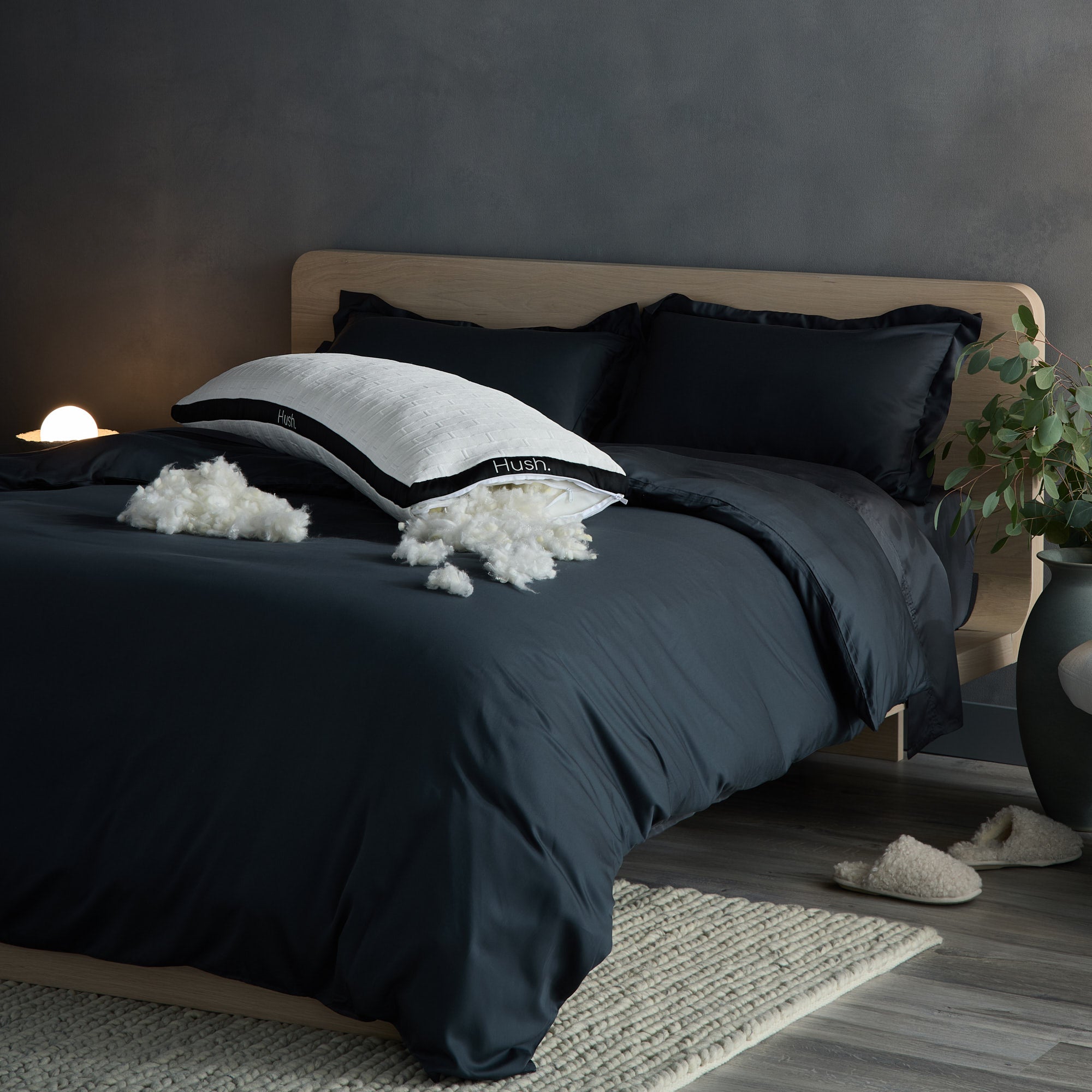Weighted blankets can be a big help with problems like stress and insomnia. But some people wonder if there are side effects. Are weighted blankets safe, or could they be hazardous to your health?
The good news: Almost any adult can use a weighted blanket with no risk. They can be unsafe for infants and very young children, as well as those with certain health problems affecting the heart or lungs. But aside from those groups, the vast majority of users don't need to worry.
Read on as we review the current research and explain how to find a weighted blanket that's safe for you. Or, if you're in a hurry: take our 3-minute quiz to find the weighted blanket best suited to your body weight and sleep style. All of our blankets are super-soft, highly durable, and made with non-toxic materials. Check out our product page to learn more!
Still have some questions? Then let's dive into the science of weighted blanket safety.
At a glance:
How Weighted Blankets Work
To understand why using a weighted blanket is so safe, it's helpful to know where its therapeutic benefits come from. A weighted blanket provides a specific type of touch that scientists call Deep Pressure Stimulation (DPS). It's the same kind of touch we receive during hugging and cuddling.
DPS activates the parasympathetic nervous system, the network of nerves that calms your body down after a frightening experience. When these nerves are switched on, your body lowers its production of the stress hormone cortisol. Your brain also starts making more melatonin, a hormone that promotes restful sleep.
In other words, when you cuddle up under a weighted blanket, you're not interfering with your body's normal functioning. You're simply sending your nervous system a message that you're safe and ready to relax. The gentle pressure of the blanket activates your body's natural calming processes to soothe you — without harsh side effects.
When we think about medicine, most of us picture pills, injections, and surgery. But a growing body of research suggests that simple physical touch plays an important role in health. There's lots of evidence for the therapeutic benefits of deep pressure therapy:
- A systematic literature review concluded that a weighted blanket can reduce anxiety.
- This clinical trial found that weighted blankets improve sleep quality and fight sleep disorders.
- Another randomized, controlled trial showed that heavy blankets ease chronic pain.
- Before-and-after testing revealed that deep pressure touch can reduce your stress response.
And those are far from the only ways a weighted blanket can help you. To find out more, check out our detailed article on the many health benefits of weighted blankets!
Are Weighted Blankets Safe For Everyone?
Hopefully, it's now clear why weighted blankets don't have the drastic side effects of some chemical treatments for anxiety and depression. But you might still be concerned about the health effects of extra pressure on your body while you sleep.
The good news is that weighted blankets are perfectly safe for most healthy adults. The risks increase a bit if you have chronic conditions that make it hard to breathe, such as:
- Obstructive sleep apnea
- Asthma
- Chronic obstructive pulmonary disease (COPD)
Weighted blankets also may not be safe for heart patients. The added weight means you have to work slightly harder to move around in bed, which puts more strain on your system. If you have respiratory or cardiac issues, talk with a doctor before using a weighted blanket. However, it should pose no risk for a reasonably healthy adult without one of those conditions.
Can a Weighted Blanket Be Too Heavy?
Most manufacturers recommend choosing a weighted blanket that's about 10% of your total body weight. Or, if you're sharing your bed with a partner, you can use 10% of your combined weight.
You'll usually have to round up or down a little to find the right weight, but that's not a problem. A 160-pound solo sleeper, for example, should be comfortable with a blanket weighing 15 pounds, even if that’s slightly less than 10 percent of their body weight. Likewise, a couple weighing a combined 290 pounds should be just fine with a 30-pound weighted blanket.
Keep in mind that the 10% estimate is more about comfort than safety. It's a general guide to the weight range that works best for average sleepers. An experiment performed on 32 healthy adults found that even larger weighted blankets didn't pose a safety risk. None of the participants experienced ill effects from a 30-pound blanket, despite having an average body weight of 165 pounds, with the lightest weighing 112.
Are Weighted Blankets Safe For Kids?
Okay, so you know weighted blankets work for adults. Now you're wondering about your little ones. Are weighted blankets safe for children? If so, how old is old enough?
Weighted Blankets Aren't Safe For Babies
We can't say this any clearer: never use a weighted blanket on a child under 2 years old. Even ordinary blankets pose a suffocation risk to babies. Added weight only increases the danger of sudden infant death syndrome (SIDS) by making it harder for the child to move. This risk hasn't been studied for weighted blankets specifically, but why take the chance?
If you're looking to provide deep pressure stimulation to calm your infant, try swaddling. And, of course, you can hug and cuddle your child — after all, that's the feeling a weighted blanket is meant to simulate. Whatever you do, when it's time to put your baby to bed, do so without leaving blankets or any other loose objects in the crib.
Toddlers Shouldn't Use Weighted Blankets Unsupervised
What about slightly older children? Some kids between 2 and 4 years of age may be able to use a weighted blanket safely. However, some precautions are in order.
First, avoid giving weighted blankets to children under 50 pounds. They may not be strong enough to move the blanket if it falls over their nose and mouth. And, just like adults, children with breathing problems should not use weighted blankets.
Finally, if you're using a weighted blanket to help toddlers fall asleep, we'd recommend removing the blanket shortly after they’ve drifted off. Avoid letting them sleep through the night with a weighted blanket until they're a little older.
Weighted Blankets Are Safe For Children Over 4
Weighted blankets for kids are safe once you get past the toddler stage, as long as the child meets that 50 pound threshold. That's no surprise, considering weighted blankets were first developed as occupational therapy tools for children with autism spectrum disorder.
Just remember that everything we said above about heart health and breathing problems applies to kids, too. You should steer clear of weighted blankets for kids with asthma, for example. And stick to the 10% body weight guideline: if you have a small kid, get a small weighted blanket. That goes double if they'll be using it while sleeping.
If you follow this advice and avoid the risky scenarios described above, it's safe for your kids to use weighted blankets.
Are Weighted Blankets Safe For Elderly People?
We've talked about weighted blankets for kids and adults, but what about seniors? Can they use weighted blankets safely?
For the most part, yes. Cardiac and respiratory issues are more common in older people, so older weighted blanket users should make sure to get regular physical exams. Anyone using one of these products should also make sure they're strong enough to move it off of themselves without help. However, weighted blankets are as safe for healthy seniors as they are for other adults.
In fact, research suggests that older individuals can benefit quite a bit from DPS. One study conducted in nursing homes found that using a weighted blanket made elderly people happier, healthier, and better able to get a good night's sleep. There are even good reasons to think that it could help with Alzheimer's disease and dementia.
Are Weighted Blankets Safe During Pregnancy?
When you're expecting a child, you want to make sure you're not taking any unnecessary risks. Still, the stress-relieving benefits of weighted blankets can sound very appealing when you're gearing up to bring a new human into the world! Is it safe to use a weighted blanket during pregnancy?
Although there haven't been any specific studies on this question, everything we know about weighted blankets suggests that they're safe during pregnancy. Gentle pressure on your abdomen isn't dangerous to the baby. This guide from Stanford Medicine Children’s Health says that even sleeping on your stomach is okay if it's comfortable for you. So unless your weighted blanket is heavier than you are, it shouldn't put your child at risk.
Meanwhile, some of the common issues experienced during pregnancy may be relieved by weighted blankets, including:
- Insomnia
- Chronic pain
- Anxiety
- Restless leg syndrome
If you're struggling with any of the above, using a weighted blanket during pregnancy could make your life a little easier. Note: those with pregnancy-induced night sweats may prefer a cooling weighted blanket to help them release body heat.
Are Weighted Blankets Safe For Those With ASD or ADHD?
Weighted blankets were first developed to help children with challenges like autism spectrum disorder (ASD) or attention deficit hyperactivity disorder (ADHD). Can you use a weighted blanket if you or someone you love has one of these diagnoses?
In general, the answer is yes. The calming weight of a heavy blanket can often help people who are distressed by other kinds of sensory input. It may also relieve sleep disorders, which often go along with ADHD and autism. There's even some evidence that Deep Touch Pressure Stimulation can help improve focus in children who struggle to stay on-task.
Remember that you should only use weighted blankets to provide comfort, security, and relaxation. They should never be used as a way to punish or restrain kids for disruptive behavior! This can be distressing and even dangerous for the child.
Also, keep in mind that weighted blankets aren't magic bullets for mental health. They can offer important benefits as part of a larger treatment plan, but don't expect them to completely resolve your difficulties. You may want to consult with an occupational therapist about how to get the most out of a weighted blanket.
Choosing a Safe Weighted Blanket
Even if you're following all the advice above, not all weighted blankets are equally safe. When you're choosing one for yourself or your family members, look for the following safety factors.
High-Quality Filling
A weighted blanket has to get its weight from somewhere. Most have tiny, uniform beads or pellets sewn into small pockets in the fabric. This filling is designed to settle slightly around the curves of your body, allowing your weighted blanket to drape over you evenly.
The risk with these fillings is that they can be a choking hazard for very young children. That's one reason it's best to pick a weighted blanket filled with small glass beads instead of larger plastic pellets. (Or, even better, the ultra-fine glass sand we use in Hush weighted blankets.) This reduces the risk of choking, though it won't completely eliminate it.
Durable Build
Your weighted blanket will also be safer if the stitching is tight and the material is sturdy. This prevents the filling from slipping out and potentially being swallowed by curious kids. When we're comparing weighted blankets, durability is one of the first things we look for.
Of course, manufacturers aren't going to tell you that their products fall apart quickly! So don't settle for looking at their online descriptions. Check for user reviews, paying particular attention to customers who've had their weighted blankets for a while. If lots of people mention that a particular blanket is leaking filling, look for a different brand.
Non-Toxic Materials
Customers prefer the filling in their weighted blankets to shift around a little. But when the filling is too loose, it tends to pool at corners and edges and create annoying lumps. To prevent this, many weighted blanket makers blast their glass beads with a sticky spray made of plastic and polyester to hold them in place. Manufacturers usually call this a "cotton lining," which sounds much nicer than "toxic spray that requires protective masks to apply."
If you're buying something to sleep under or wrap around your child, you probably want it to be as free of harsh chemicals as possible. That's why Hush doesn't use a spray-on liner in our weighted blankets. Instead, we sew a square of natural fabric inside each pocket, using a custom-built, precision machine. The fibers trap the glass sand, keeping the weight evenly distributed with no toxic spray.
Rest Easy With a Calming Weighted Blanket
Weighted blankets are safe for the vast majority of users. As long as you don't have a health condition affecting your heart or lungs, and you're strong enough to move a weighted blanket off of your face, you can sleep under it without worrying. And you can get some real health benefits from doing so.
If you're ready to give it a try, head over to Hush and pick up one of our classic weighted blankets. We'll give you 100 nights to decide if you like it, so our blankets are also risk-free for your wallet! Snuggle up under a Hush weighted blanket and start enjoying more comfortable, restful sleep.
